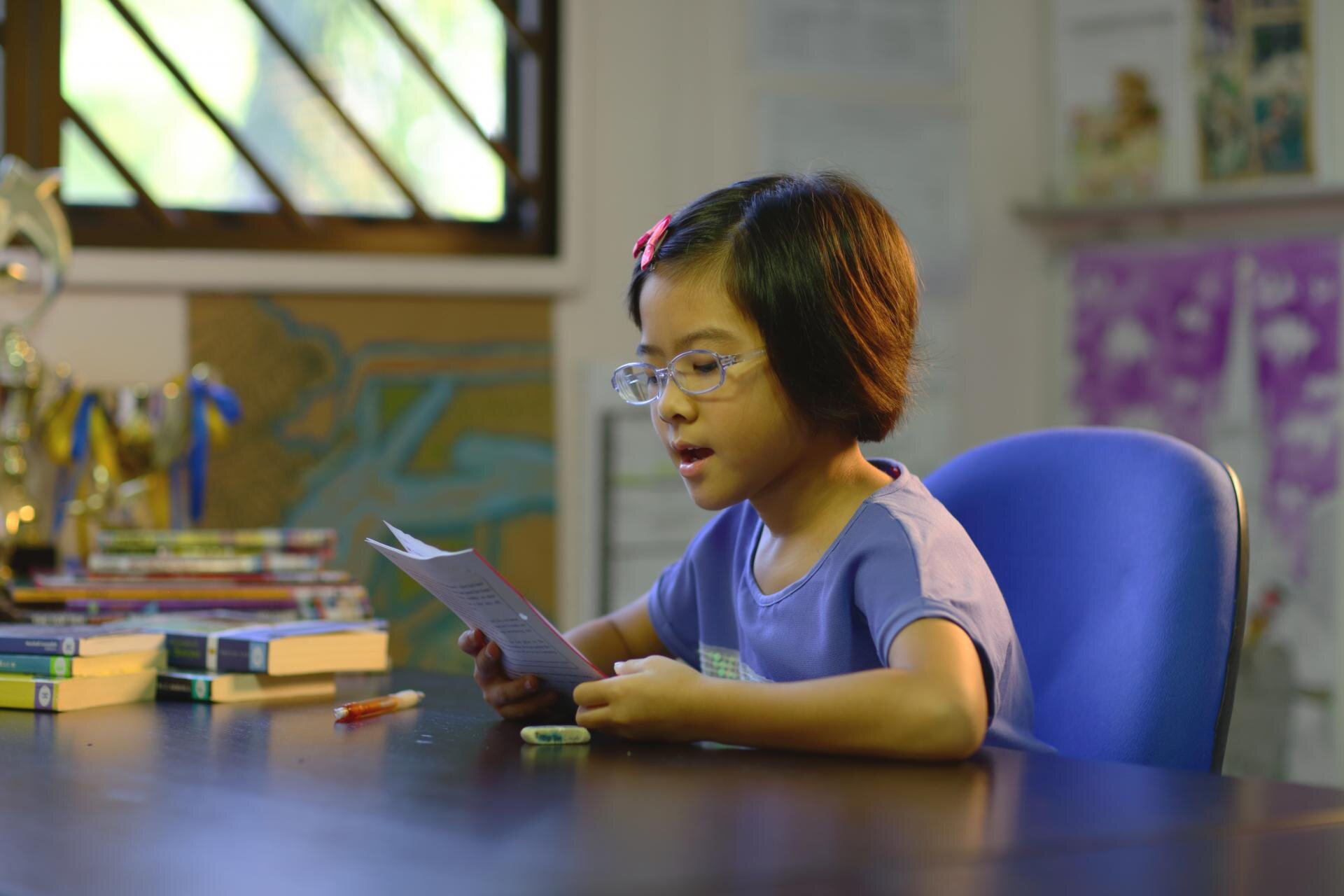In your children’s current set-up of distance learning, self-learning is an important skill to develop. Self-learning is when your children grasp and understand concepts, put their lessons into practice to solve a problem, and retain information—all on their own.
More than the lessons that your children will pick up when they learn on their own, the process of self-learning also teaches them time management, self-assessment, and goal setting. Furthermore, when self-learning is practiced within the school environment, it can extend to other stages in their life, such as employment.
So why not let your children start learning the ropes already? Here are five strategies you can try at home:
Set up a proper learning environment
Learning from home can cause a bit of confusion in your children. They are likely having difficulty distinguishing between fun time and school time since both activities happen in the same place – the home. It is important that the difference between both is drawn and clarified. This could be as simple as putting their new books in their school bags, setting up their desks in a quiet corner of the house, or following a strict schedule per subject or activity.
Encourage independence in tasks
As a parent, you will always feel the need to take every step with your child as they go through any and all processes. But when it comes to their education, it’s best to encourage their independence. Yes, they will need you to be there as they first dip their toes in the water, but allow them to figure things out on their own as well. Let them explore their own ways of attacking and understanding a problem and watch them reach their own conclusions.
Provide supplementary materials
When your children are attuned to the basics, their curious nature will take over, and they will want to learn more. To boost their knowledge on certain topics and continue their growth, provide them with supplementary materials that go beyond their schools’ lesson plans.
Impose time constraints
One general problem with learning is that children are often distracted, especially when there are no set deadlines, and all their toys, gadgets, and games are well within reach. To deter this potential issue, set a time constraint to finish an activity sheet, set of problems, or reading material. If it helps, put into practice a reward system as well.
Invite time for questions
As mentioned, children are naturally inquisitive by nature. When they get curious and start to ask questions, don’t dismiss them. Their inquiries are proof that they are developing their skill of self-learning. At the same time, invite questions about their learning process in general: what works for them, what isn’t effective, and what they’re having difficulty in. Always keep communication lines open.
All of these will aid your child in developing self-learning, as they are given the freedom and flexibility to understand at their own pace while improving their strengths and maintaining their focus.
Of course, you don’t have to do it yourself. There are supplementary learning programs that are determined to help hone your children’s self-learning skills. Kumon, for example, aims to provide your children with a good solid foundation of the basics and the proper mindset to learn basic and advanced topics on their own.
In celebration of Kumon’s 25th anniversary, Kumon offers the Online New Student Promo that you can avail of now! Get a free registration fee worth Php500 and a free Kumon bag when you enroll your child from January 21 to February 28, 2021.
Contact the Kumon center nearest you for more details by visiting https://ph.kumonglobal/find-us/.







Leave a Reply